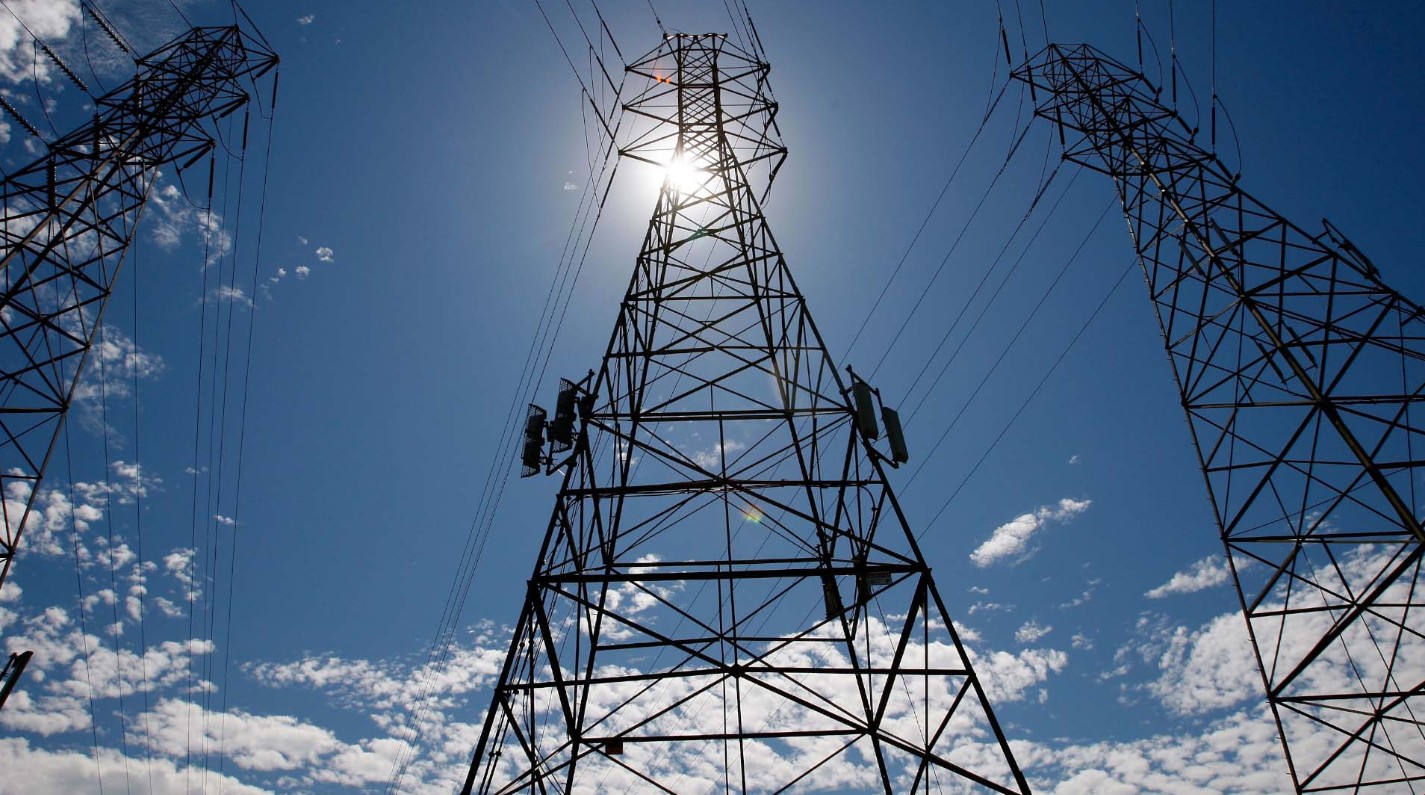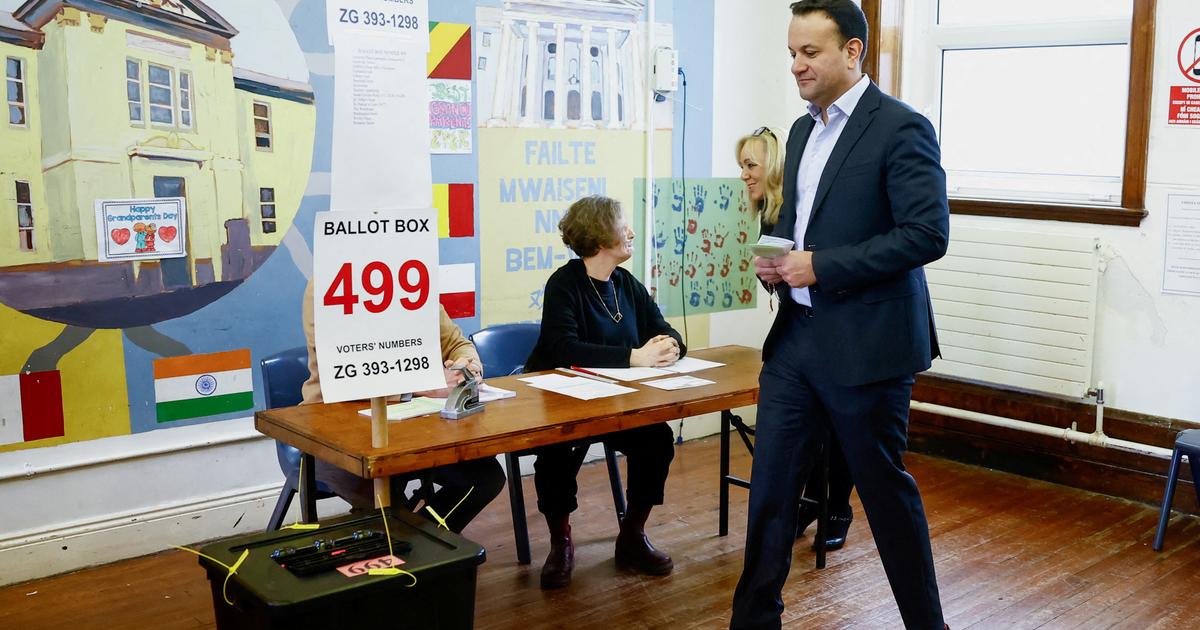A sample of the debate for the electrical reform in Mexico 8:20
(CNN Spanish) -
The electrical reform presented by President Andrés Manuel López Obrador was rejected in the Mexican Congress this weekend after months of criticism by environmental experts and businessmen of the initiative that sought to increase state control of generation of energy in the country.
The president's plan was one of his biggest bets and its rejection represents a major legislative defeat in the three and a half years that López Obrador has been in government.
Mexican lawmakers reject President López Obrador's electricity reform proposal
This is what you should know about the controversial reform: what happened, what was proposed and how the process was.
What happened to the electrical reform?
López Obrador promoted the constitutional reform in electrical matters as "vital" for his plans to "transform" Mexico and it was one of his biggest government bets.
The president argued that the bill would have protected consumers and made the country more energy independent.
But this Sunday after a heated debate in the Chamber of Deputies (lower house) of Congress that lasted more than 12 hours, opposition parties joined forces to roll back the bill that they said would harm investment and violate international obligations.
advertising
The ruling Morena party and its allies fell almost 60 votes short of the two-thirds majority needed in the 500-seat Chamber of Deputies, mustering just 275 votes.
This is how the discussion of the electrical reform in Mexico goes 4:07
"Today is a great day for Mexico, to make it clear that with our votes and the Va Por México coalition we can prevent reforms from being made on a whim and this reform on the electrical issue obviously will not have the votes and it will not happen" Alejandro Moreno, leader of the Institutional Revolutionary Party (PRI), told the press on Sunday, something they had been warning about for days before.
While the initiative was being debated, outside the Congress headquarters in Mexico City, protesters were asking for a vote in favor of the reform.
To prevent these groups from blocking the entrances and preventing them from entering the session where the reform would be discussed and voted on, the opposition deputies decided to sleep one day before inside the legislative chamber.
What did the electrical reform propose?
With the intention of reversing the 2013 electricity reform that liberalized the market, López Obrador's reform proposal sought that the plants of the state Federal Electricity Commission (CFE) sell electricity before foreign electricity companies, that is, they had the intention of limiting private participation in the sector, canceling investment contracts.
"The large electricity generators in this country are foreigners. That poses a problem of energy sovereignty and national sovereignty," Ángel Balderas, promoter of the reform and professor at the Autonomous University of Querétaro, told CNN.
According to Balderas, private companies in Mexico, mainly foreign, dominate 68% of electricity generation, while the Mexican State only 32%.
"The projection would be that by the end of the decade, foreign private companies will dominate 85% and CFE only 15%. This would clearly imply who is going to dominate rates," he said.
Deputies will vote on AMLO's proposal 7:04
However, those who opposed the reform claimed that the initiative promoted the production of expensive and dirty energy and, in addition, would alienate investments and would not promote competitiveness, something that López Obrador denied.
"The CFE has absolute control of everything else, that is, they distribute and transmit energy. The only thing we are asking is that they buy cheap energy that is from ecological sources, which is what we need today with the 2030-2050 agenda to The one that this country committed to. That they buy from the cheapest and do not undo the contracts that have been established with large investments," the president of the Confederation of Industrial Chambers of Mexico (Concamin), José Abugaber, told CNN.
The initiative not only sought to return control of electricity generation to the State, it also proposed that lithium - a mineral used in the manufacture of electric batteries - be exploited exclusively by the State.
As well as eliminating independent regulatory bodies by shifting energy regulation to state regulators.
These are the National Hydrocarbons and Energy Regulatory Commissions and the National Energy Control Center, which regulates the delivery of electricity to the system and the rates.
How was the process?
At the end of September 2021, López Obrador submitted his electricity reform proposal to the Chamber of Deputies.
So, the president assured that it was not about "nationalizing or statizing, it means giving the CFE its place."
From the beginning, the controversial bill faced much criticism from business groups and from the United States, Mexico's main trading partner, as well as from other allies who argued that it would violate the United States-Mexico-Canada Agreement, a regional trade agreement known as T -MEC or USMCA.
Business leaders and foreign officials have since expressed concern that the bill could deter private investment and trigger international legal disputes.
John Kerry arrives in Mexico after controversy over Ken Salazar 1:45
Faced with criticism, congressmen from the ruling Morena party and their allies invited power generation companies to participate in the debate and agreed to delay the approval of the legislation until mid-April 2022, the same month that the recall referendum on López Obrador's mandate.
A senior Morena politician told Reuters the party was anticipating a landslide victory for López Obrador in the vote, which would give a boost to the government's effort to pass the reform.
Weeks earlier, on April 7, the Mexican Supreme Court blocked a first attempt by the opposition to stop the electricity industry law.
With four votes in favor and seven against, the Supreme Court of Justice of the Nation decided not to declare the reform of the industry law unconstitutional.
The highest court then endorsed allowing the revocation of current contracts between the CFE and private plants in certain cases.
This caused alarm among businessmen due to the impact on their investments.
The mining law advances in the Chamber of Deputies
This Monday and with 275 votes in favor, 24 against and 187 abstentions, the plenary session of the Chamber of Deputies of Mexico approved with modifications the draft decree that reforms and adds various precepts of the mining law.
The bill was sent to the Senate for analysis and eventual approval.
The initiative was sent on Sunday night by President López Obrador and in his statement of reasons he indicates that its purpose is to establish that lithium is the nation's heritage and that its exploration, exploitation and use are exclusively the responsibility of the Mexican State.
With this, concessions, licenses, contracts, permits, assignments or authorizations in the matter to national or foreign individuals are prohibited.
With information from Rey Rodríguez, Carmen Aristegui and Gabriela Frías
Energetic reform


/cloudfront-eu-central-1.images.arcpublishing.com/prisa/ZJE2PYNFMFCXXOAKQL6RQMM5PA.jpg)




/cloudfront-eu-central-1.images.arcpublishing.com/prisa/RK3AI2H26NFTRJ3VH3EVPP573E.jpg)

/cloudfront-eu-central-1.images.arcpublishing.com/prisa/RBDI3FWLIZDXBFZRE73ADUDT4M.jpg)